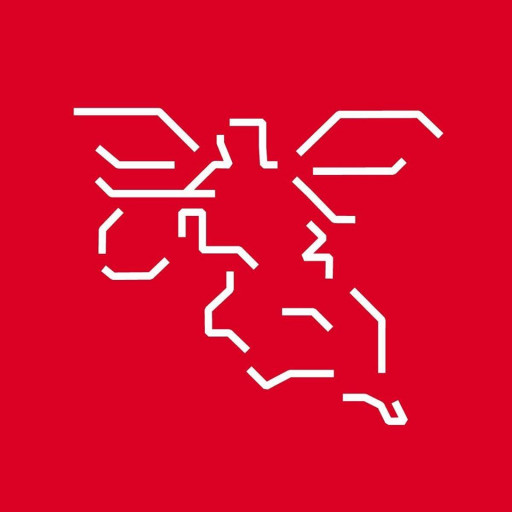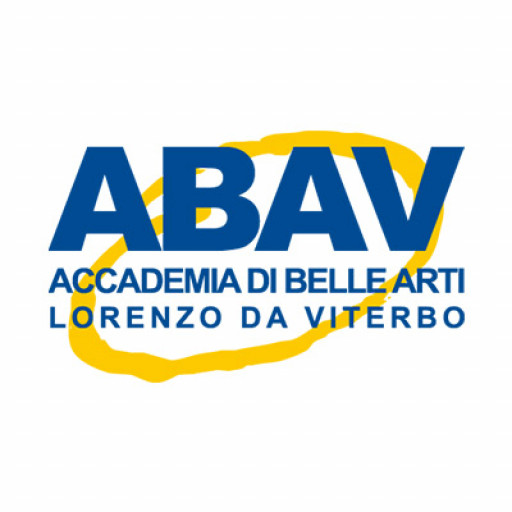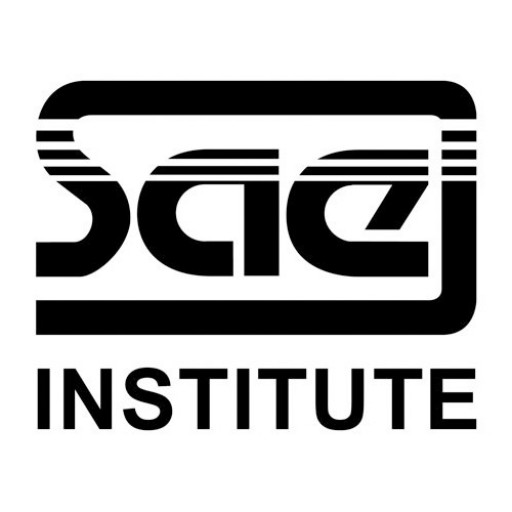Photos of university / #dekunstvanhku
The Animation, Film and New Media Development programme at HKU University of the Arts Utrecht offers a comprehensive and innovative education designed to prepare students for a dynamic and rapidly evolving industry. This interdisciplinary course combines the core principles of animation, film production, and new media development, providing students with a broad skill set that includes storytelling, visual design, technical skills, and digital media production. Throughout the programme, students are encouraged to explore their creative potential while developing a critical understanding of contemporary media landscapes and technological advancements.
The curriculum is structured to foster hands-on learning through practical projects, collaborative work, and exposure to industry-standard tools and software. Students learn to craft compelling narratives and bring their ideas to life through various animation techniques, visual effects, video editing, and interactive media development. The programme emphasizes both individual artistic expression and teamwork, preparing students to work effectively in multidisciplinary environments.
In addition to technical training, students gain insights into media theory, audience engagement, and the socio-cultural impact of digital media, enabling them to create meaningful and relevant content. The programme also offers opportunities for internships, workshops, and collaborations with industry professionals, enhancing employability and professional readiness. Upon graduation, students are equipped to pursue careers in animation studios, film production companies, media agencies, or to develop their own innovative media projects.
HKU's Animation, Film and New Media Development programme stands out for its interdisciplinary approach, international outlook, and commitment to fostering creative experimentation. It aims to cultivate versatile media creators who are adept at navigating the complexities of contemporary digital storytelling and media production landscapes. Whether aspiring to be animators, filmmakers, or new media developers, students emerge from the programme with the skills, knowledge, and confidence needed to innovate and lead in their chosen fields.
The Animation, Film and New Media Development programme at HKU University of the Arts Utrecht offers a comprehensive and interdisciplinary education designed to prepare students for innovative careers in the dynamic fields of animation, film production, and new media. The programme emphasizes creative storytelling, technical proficiency, and experimental approaches, encouraging students to develop their unique artistic voice while mastering the essential skills required in today’s digital media landscape. Throughout the course, students engage with a broad spectrum of disciplines, including traditional animation techniques, digital media production, visual effects, interactive media, and experimental film. They participate in hands-on projects, collaborations, and internships that simulate real-world industry practices, fostering practical skills alongside conceptual understanding. The curriculum is organized into core modules such as narrative development, technical skills, media theory, and entrepreneurship, complemented by electives that allow students to specialize or explore emerging trends like virtual reality, augmented reality, and interactive storytelling. Students are guided by experienced faculty members and industry professionals, providing mentorship and ensuring the programme stays aligned with current industry standards and future innovations. The programme also encourages experimentation and research, enabling students to push boundaries and create innovative multimedia works. Upon graduation, students are equipped to pursue careers as animators, film directors, media artists, content developers, and other creative professionals in a global media environment. The programme’s strong focus on interdisciplinary collaboration, technical mastery, and artistic experimentation makes it an ideal foundation for those aspiring to shape the future of media and entertainment.
Other requirements
- ingangstoets Om te kunnen studeren bij de HKU, dien je voor deze studie een toelatingstest te doen. Hierbij wordt bekeken of je over de juiste eigenschappen beschikt om succesvol een kunstopleiding te kunnen afronden. Daarnaast is deze toelatingstest voor jezelf een check dat je een studie kiest die bij je past.
The Animation, Film and New Media Development programme at HKU University of the Arts Utrecht offers diverse financing options for prospective students. Tuition fees vary depending on the student's nationality and residence status, with Dutch and EU students generally benefiting from lower rates compared to international students from outside the European Union. The university provides detailed fee structures on its official website, which are subject to annual updates. In addition to tuition fees, students should budget for additional expenses such as accommodation, study materials, insurance, and living costs. Many students finance their education through a combination of personal savings, family support, part-time work, scholarships, and student loans.
HKU Utrecht encourages applications for scholarships and grants aimed at international students, although specific scholarships dedicated solely to this programme may be limited. Dutch students can often access government-funded student grants and loans, such as the Studiefinanciering system managed by DUO, which provides financial support based on various criteria including age, income, and study performance. International students are generally advised to explore bilateral agreements, sponsorships, or private scholarships from organizations that support arts and media studies.
The university may also offer payment plans that allow students to spread tuition fees over multiple installments, easing the financial burden. Prospective students are encouraged to contact the financial aid offices or consult the official university website for detailed, up-to-date information on available funding opportunities. Overall, while direct programme-specific funding options are limited, comprehensive financial planning and external sources can significantly assist students in financing their studies at HKU University of the Arts Utrecht.
The Bachelor of Arts in Animation, Film and New Media Development at HKU University of the Arts Utrecht offers students a comprehensive education in contemporary media and visual storytelling. The programme is designed to foster creativity, technical skills, and innovative thinking, preparing graduates for diverse careers in the dynamic fields of animation, film production, and new media development. Students learn to create compelling narratives through a variety of media, utilizing advanced digital tools and techniques to produce high-quality animations, short films, and multimedia projects. The curriculum emphasizes both practical skills and theoretical knowledge, including storytelling, character development, visual design, animation techniques, editing, and sound design. Students have opportunities to collaborate on real-world projects, participate in internships, and showcase their work in exhibitions and festivals, enhancing their professional portfolios. The programme also explores emerging trends such as virtual reality (VR), augmented reality (AR), and interactive media, positioning students at the forefront of technological innovation. Faculty members are industry professionals with extensive experience, mentoring students and providing insights into current industry practices. The university’s international environment encourages cross-cultural exchange and teamwork, preparing students to work globally. Graduates from the programme often pursue careers as animators, film directors, multimedia designers, game developers, and media artists, contributing to creative industries worldwide. The programme promotes experimentation and innovation, providing students with a solid foundation to develop their unique artistic voice and adapt to the rapidly evolving media landscape.










